Over the years, the world’s elites have played a significant role in the developmental trajectory of the Earth and its industries.
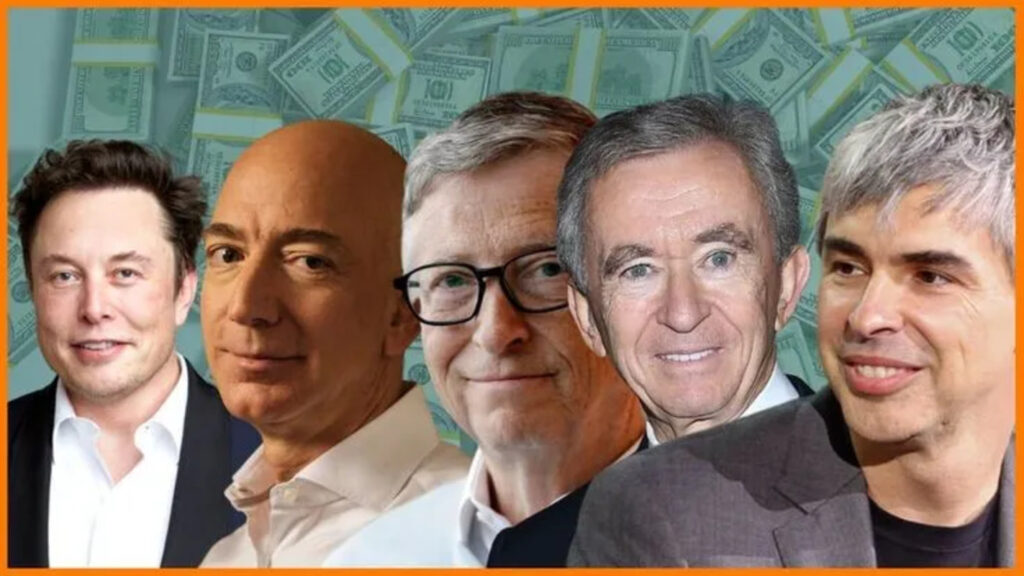
During the Industrial Revolution, magnates like John D. Rockefeller and J.P. Morgan influenced the heartbeat of the world’s largest economies. However, with the monumental rise in the wealth of the wealthiest people in the world, Oxfam International is trying to project who among them would become the first trillionaire.
How to Set Forth Financial Prophecy
Here are the metrics by which Oxfam International formulated the wealth growth of the five wealthiest individuals in the world.

First, the organization determines the value of the individual’s known wealth. Next, it considers the rate at which the individual’s wealth has compounded in the past few years. Finally, Oxfam International estimated how long it would take the five richest people to become trillionaires.
Elon Musk, Coloniser of the Universe
Elon Musk is the prime mover of SpaceX and Tesla. While he is also the founder and owner of several other businesses, those two are his wealth muscles.
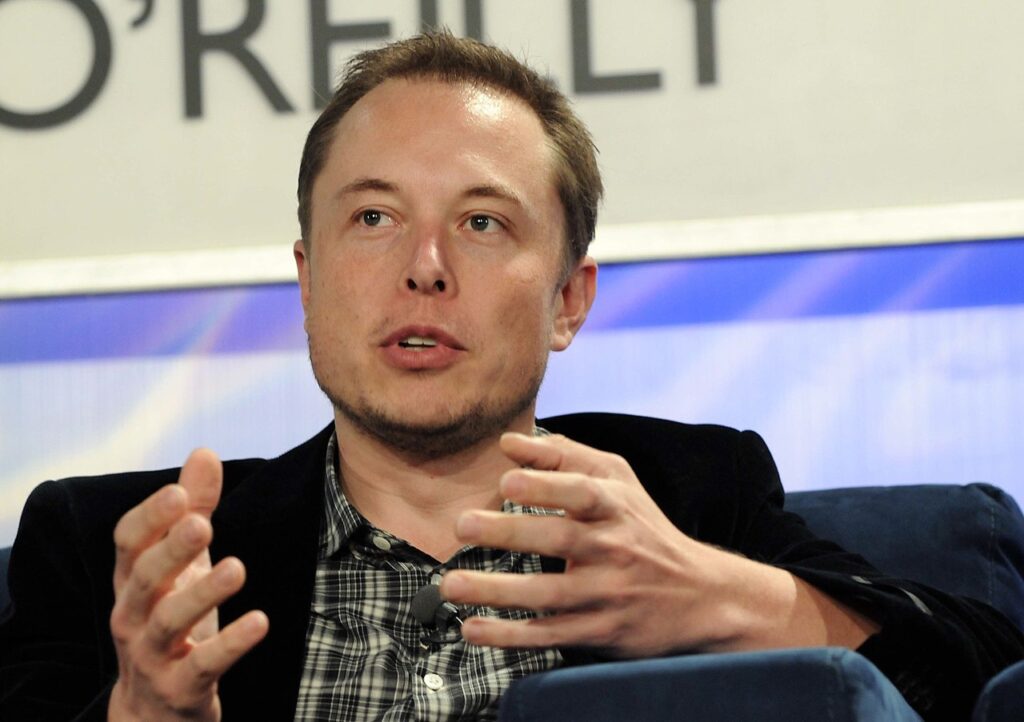
Oxfam International reported that Musk’s wealth has increased by an average of 162% annually in the past five years. The organization projects that profits from Musk’s many innovations will propel him to the trillionaire status by 2032.
Bernard Arnault, the King of Luxury
Bernard Arnault started off his enterprising journey into wealth by buying off an ailing fashion company. Today, he is the billionaire owner of a luxury fashion conglomerate — LVMH.
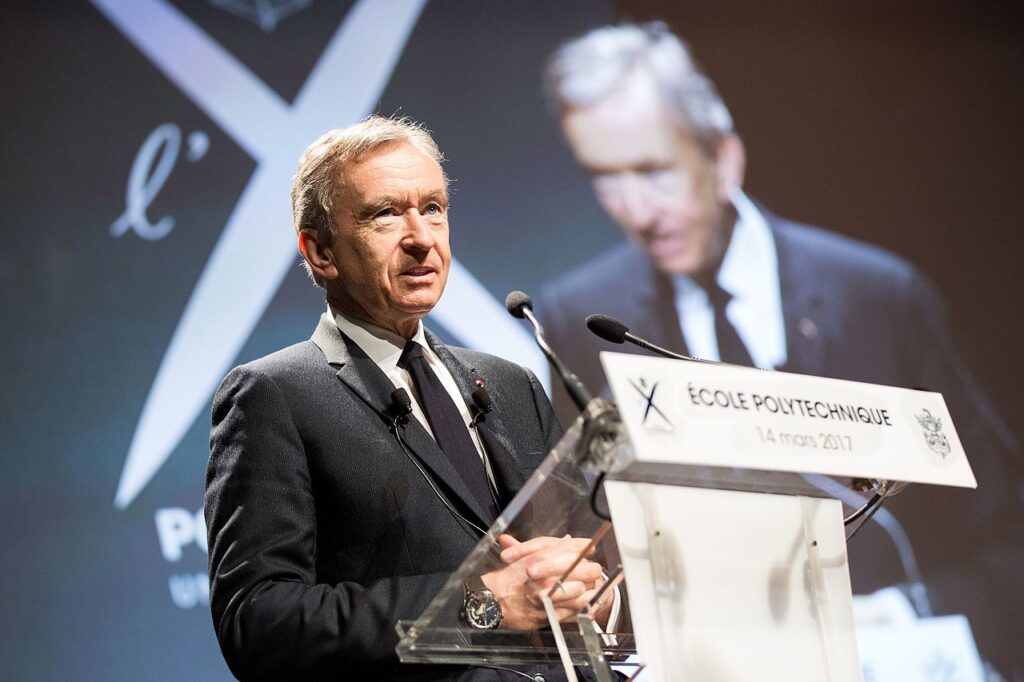
Oxfam International reported that Arnault’s wealth has grown at an annual average of 22% since 2019. With about 70 international luxury brands under his belt, Oxfam International projects that Arnault would become a trillionaire by 2033.
Jeff Bezos, the E-commerce Magnate
We all know him for his phenomenal work, spanning multiple decades, to build the largest online retail store — Amazon. However, Jeff Bezos has now branched out into space exploration through his company, Blue Origin.
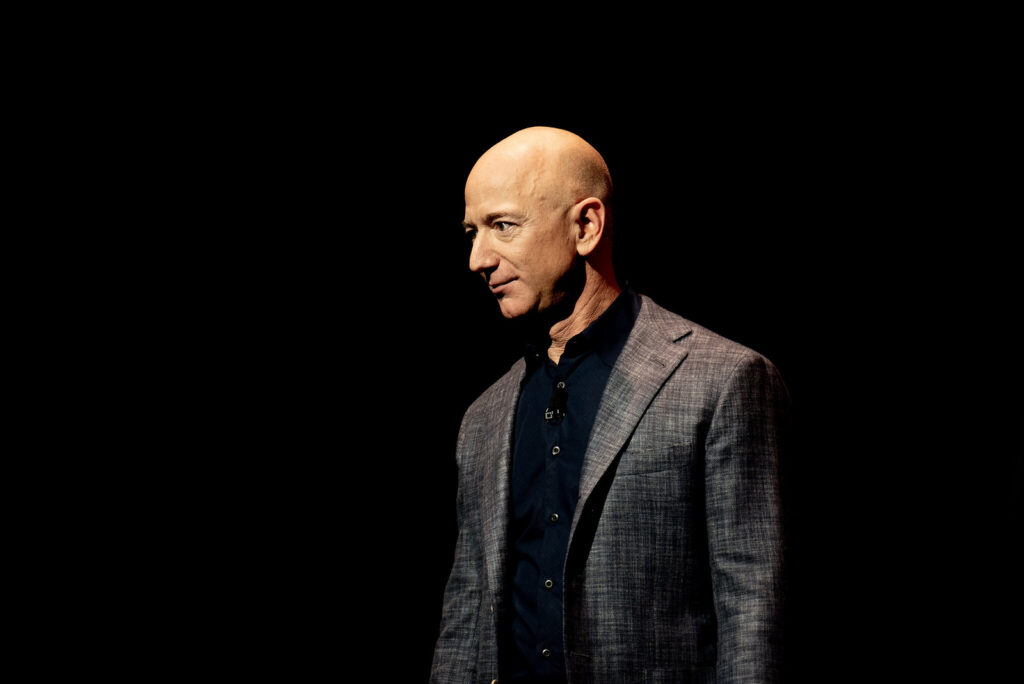
Bezos was the first person to hit the $200 million threshold, and Oxfam International predicted that he would become a trillionaire by 2034.
Larry Ellison, Breecher of the Software Market
Oxfam International has estimated Larry Ellison’s billions to grow by an 18% annual average. The company he co-founded, Oracle, was one of the many that experienced financial explosions thanks to the internet boom of the 90s.
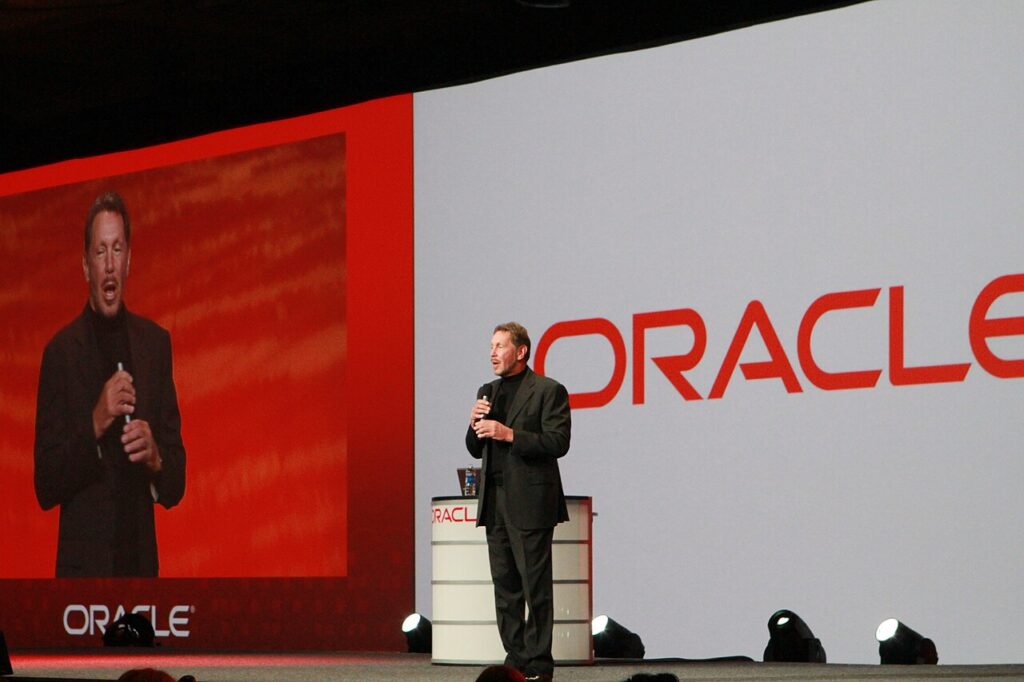
With Ellison’s stakes in software and yachting, he is eyeing a steady rise to the trillion-dollar mark by 2035.
Warren Buffett, the Oracle of Omaha
Warren Buffett has carved a robust reputation for himself in investment finance, so much so that his reputation helped save one of the major brokerage firms after the 2008 financial crisis.
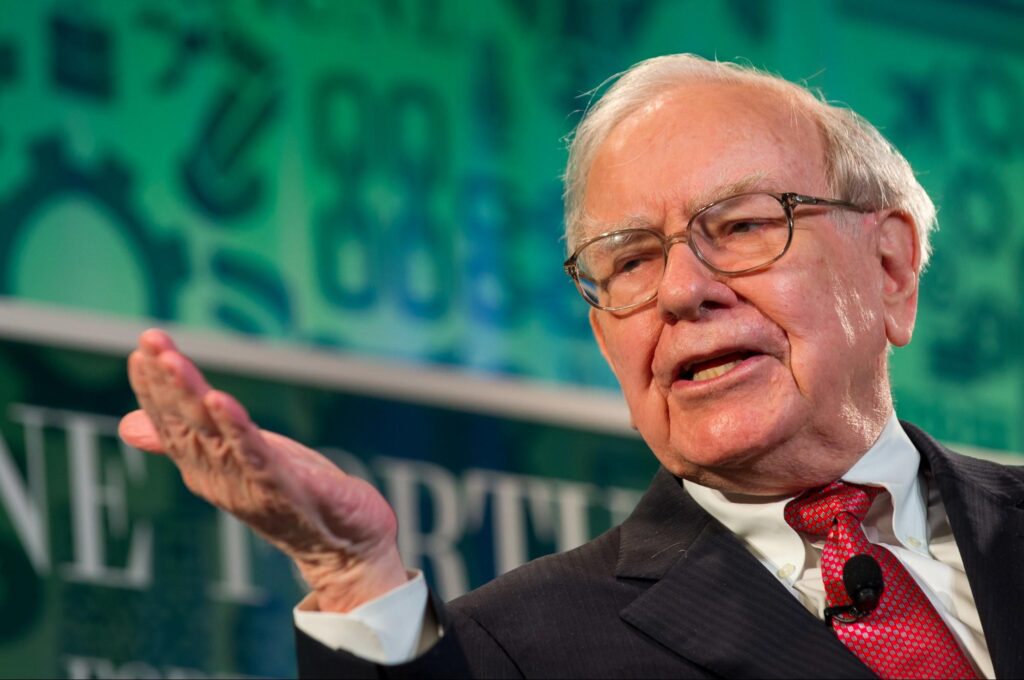
Buffett’s wealth, largely domiciled in Berkshire Hathaway, is said to be growing annually at an average of 4%. Oxfam International projects that Buffett’s financial wisdom will make him a trillionaire by 2036.
Expansion of Global Economies
It may be mind-boggling that a single individual could be worth over $1 trillion while many independent nations struggle to self-fund an annual budget of a similar amount.
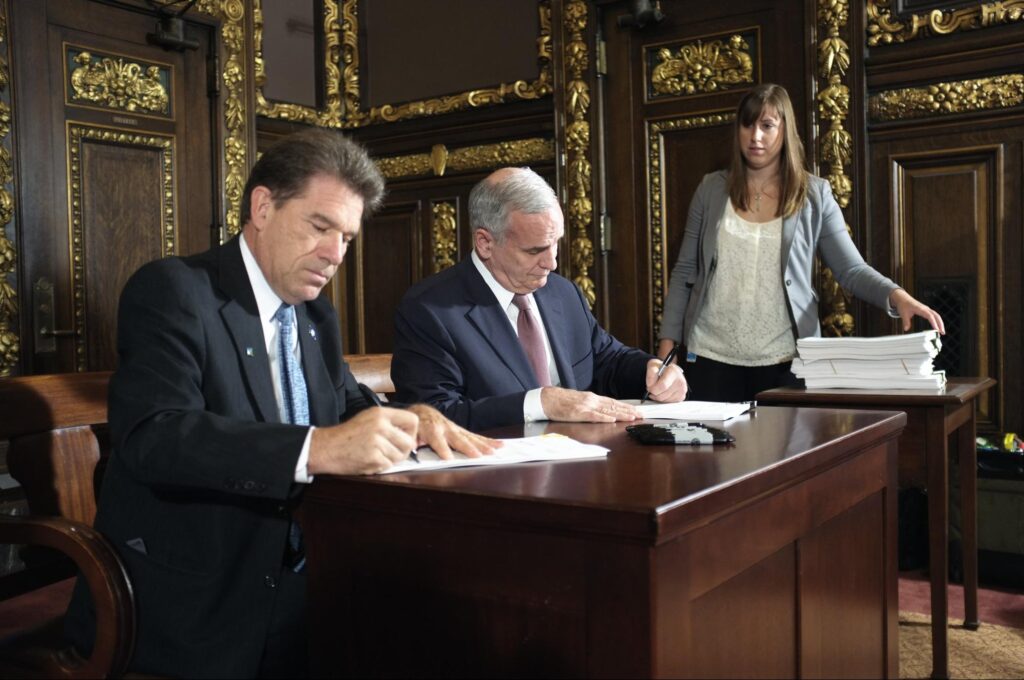
However, it is very possible that economies continue to open up so far, and the conditions are appropriate for business and healthy capitalistic competition. Nonetheless, Oxfam International suggests that poverty is also on the rise.
Potential Hindrances of the Smooth Sail
There are undoubtedly many roadblocks on the journey of these billionaires to a trillion dollars. For example, some folks may encounter unexpected distractions that reallocate their financial priorities.
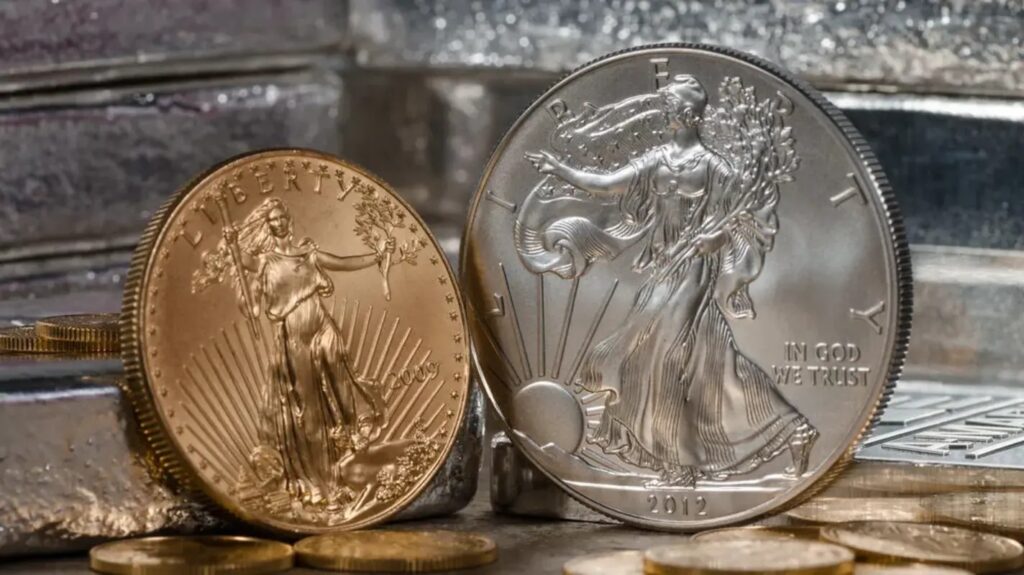
To illustrate, during the recent pandemic, many billionaires made charitable donations to develop vaccines and medical technology. Of course, such donations are not outright losses but may constitute a delay in attaining trillionaire status.
Generational Wealth and Family Crisis
Family dynamics could be another challenge. Did you follow the divorce proceedings of Jeff Bezos and his erstwhile wife? It ended up in one of the largest divorce settlements ever, with McKenzie Scott walking away from the union with 4% of Amazon shares!
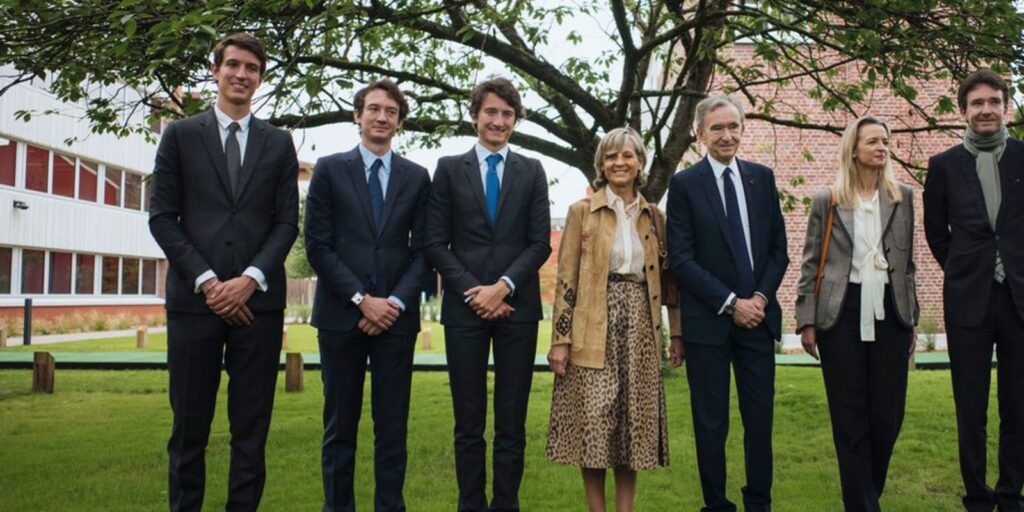
Likewise, the large Arnault family may unbundle the LVMH conglomerate if and when their patriarch, Bernard, passes on.
The Unexpected Villain
A Black Swan, like the COVID-19 pandemic, global civil unrest like a nuclear fallout, or a major financial crisis could disrupt the global economic forces that drive business. In turn, global trade may be disrupted, as may the income source of many multinationals and billionaires.
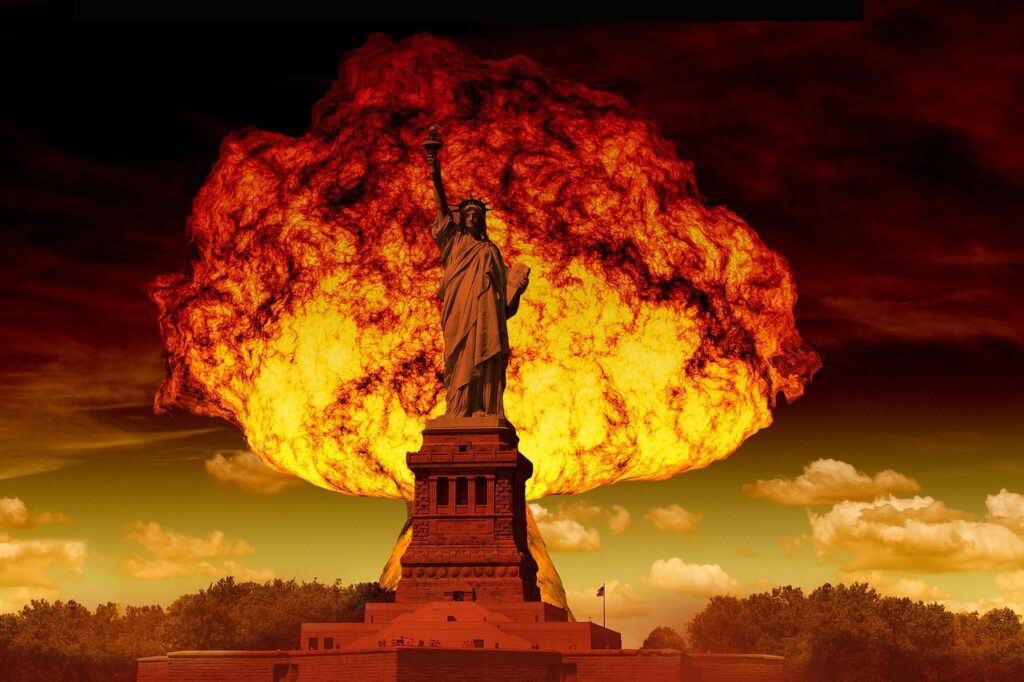
Many of these things may not have as much effect on a millionaire running a small start-up in the countryside.
The ‘Hows’ and ‘Whys’ of Wealth Accumulation
While the global economy benefits from the financial injections of these capitalists, ethical questions are starting to arise. For example, making trillionaires in about a decade from now implies even more concentration of wealth.

By implication, more and more people around the globe would slide below the poverty line. So, the question of how to bridge the inequality gap continues to linger in the air.
Philanthropy All the Way
Many of the ultra-wealthy are already treading a part that helps them have more impact with the resources domiciled within their domain.
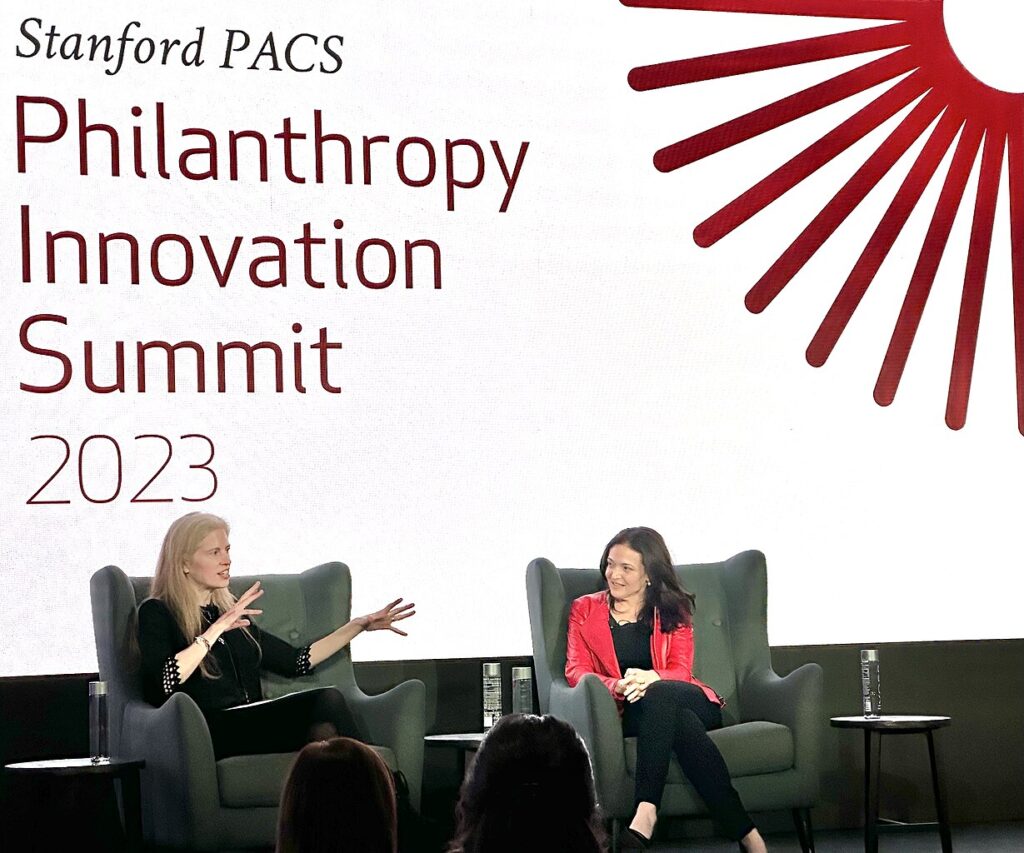
Many of them collaborate with non-profit organizations like the United Nations, USAID, etc., to make the most of their wealth by funding sustainable development projects, philanthropy, and investing in businesses or ideas that emancipate the masses financially.
Giving It All Back
Buffett and Bill Gates pledged to give away a vast percentage of their wealth to charity after they passed on, of course. This pledge gives them an even higher edge at attaining trillionaire status.
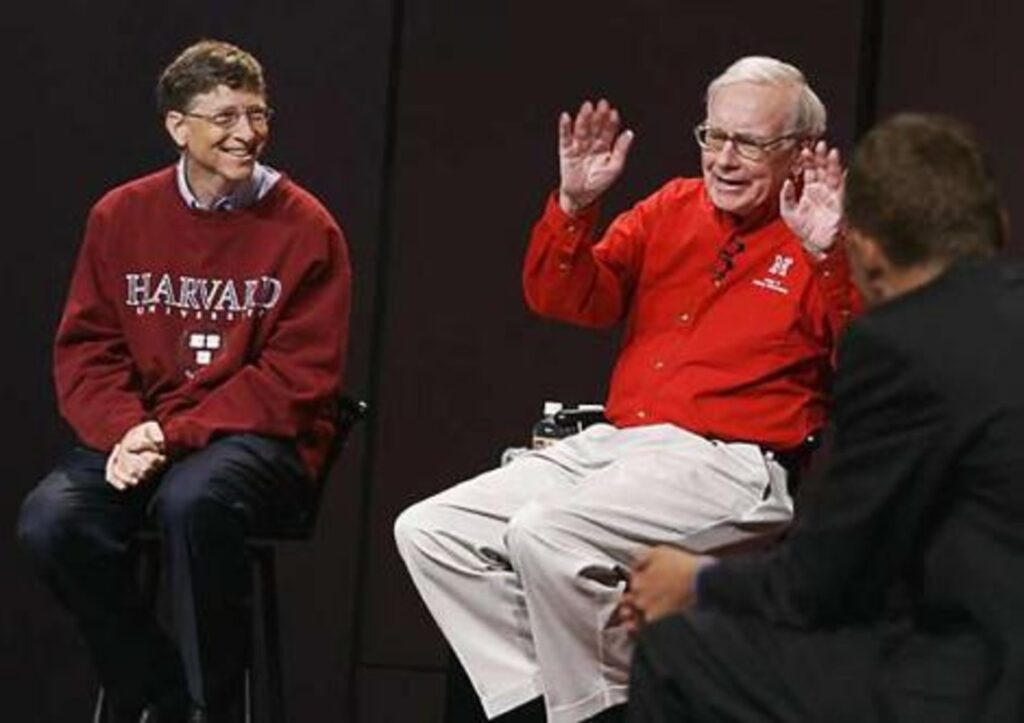
It is a given that rich folks, who come off as national or global patriots, are rewarded with more wealth.
Probing the Motives of Philanthropy
Providing free medication and vaccines and funding research that would benefit all of humanity are undoubtedly noble acts.
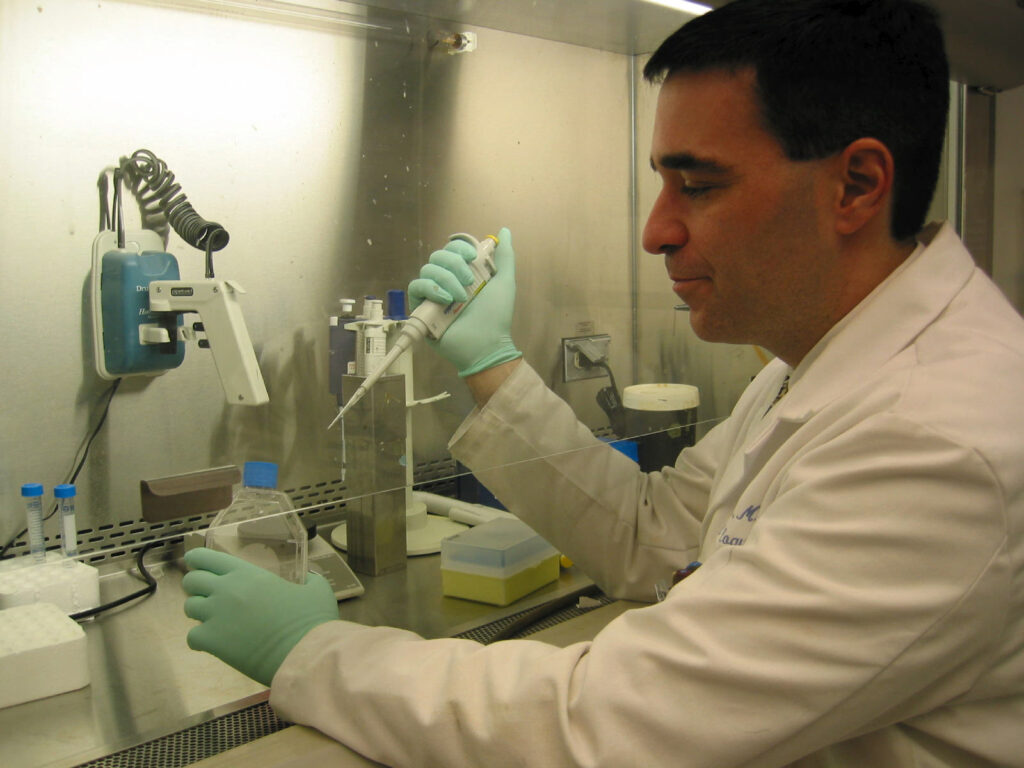
However, there are still entropic arich’s philanthropic activities of the super-rich, which are mere tax evasion tactics. According to this school of thought, philanthropy cannot eliminate crisis like poverty and inequality.
How Technology and Innovations Altered the Wealth Creation Playbook
Interestingly, the advent of technological innovations has brought about diversity in the distribution of wealth. How, you ask?
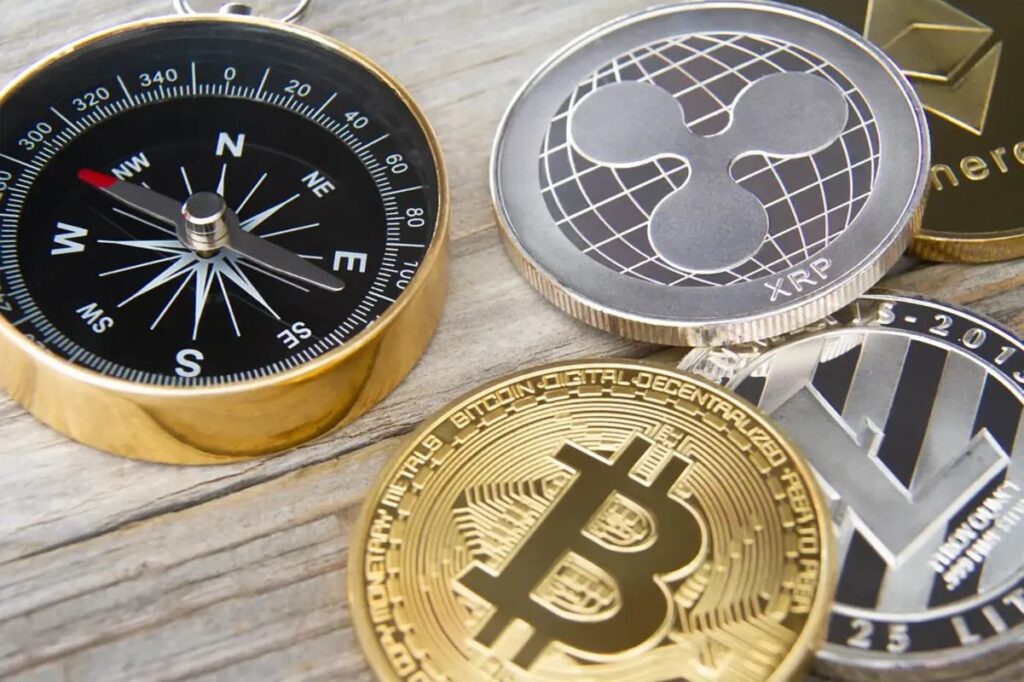
In the slums of Africa, dense shanties of India, and even developing Scandinavian countries, people are already exploiting the benefits of biotechnology, artificial intelligence, cryptocuThese technologies, and renewable energy. They are offering tangible economic enjoying tangible economic returns.
Broadening the Spectrum of Global Wealth
Many of these technological start-ups and their founders are easily attaining billion dollar valuations, as they are meeting felt needs with technological innovations.

Most of the ultra-rich baby boomers are familiar with taking businesses public, listing on the stock market, and other methods of wealth generation. However, the new breed of wealth creators is diverse in their approach, thus widening the spectrum of the super-rich.
The Societal Jury
It takes the rich, or the rich at heart, to understand the motivations of these ultra-rich folks. This has led to a great divide in the public perception of the world’s wealthiest people.
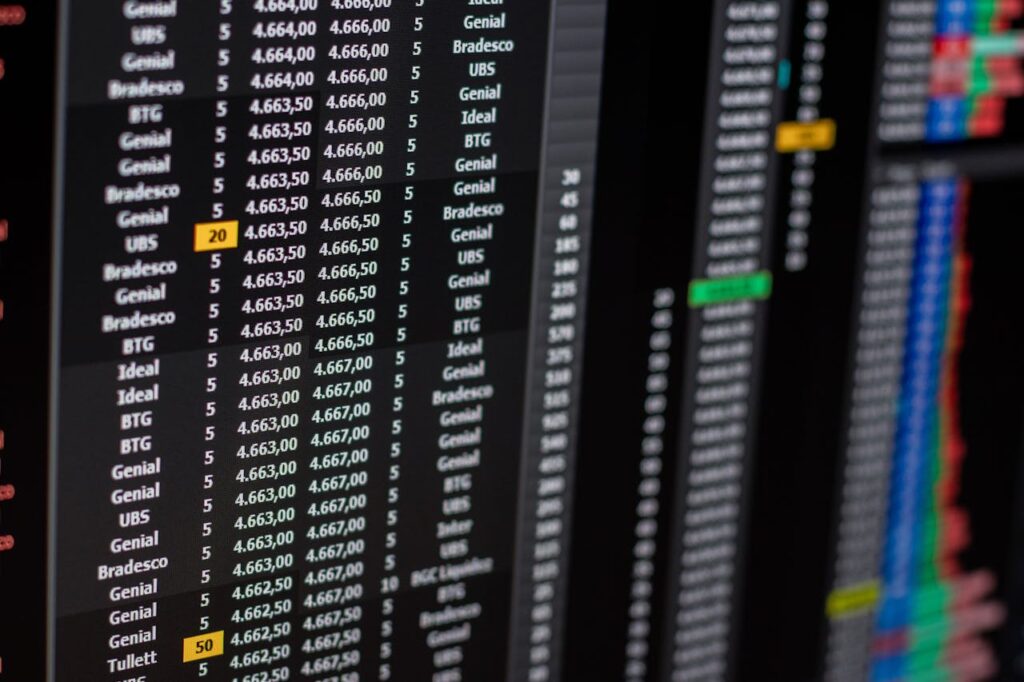
Many see them as individuals who have paid huge sacrifices to attain success. On the contrary, some others see them as greedy capitalists out to exploit the poor. In fact, some even blame wealthy people for the pay disparity of male and female workers.
Holding the Wealthy Accountable
Nonetheless, there is no denying that ultra-impacts that Google has far-reaching impacts, way beyond their financial holdings. They influence policies, public opinion, trends, politics, and even culture.
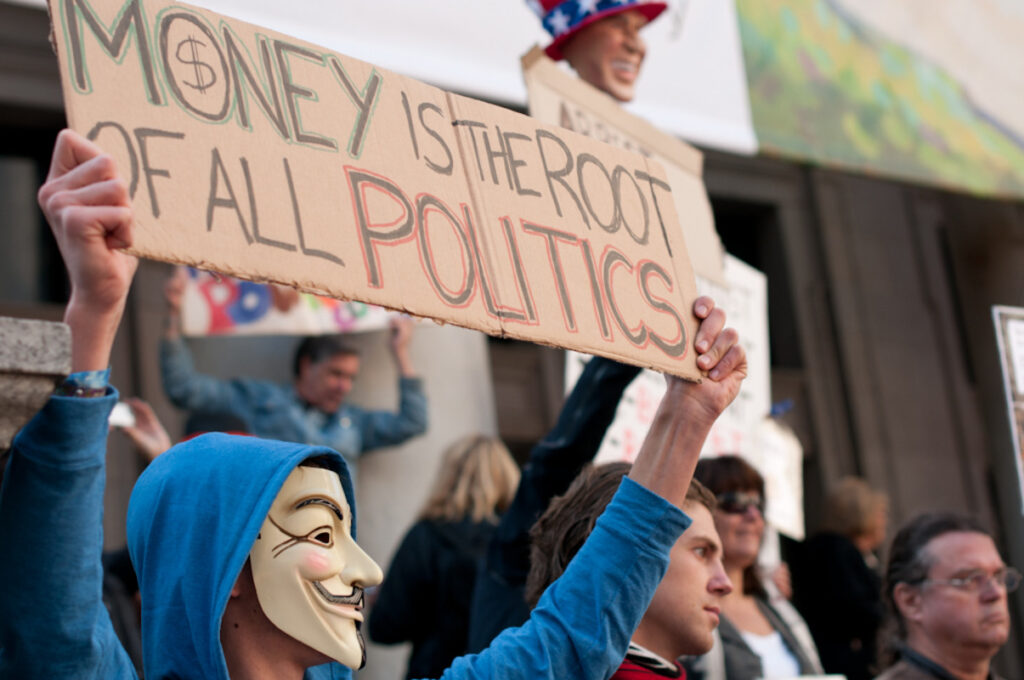
However, the recent move to hold the ultra-rich accountable, almost like we do politicians, is a change in narrative in the realm of wealth creation.
Time Answers All Questions
About among, Musk was not on the list of the top ten wealthiest people in the world, but that is no longer the case.
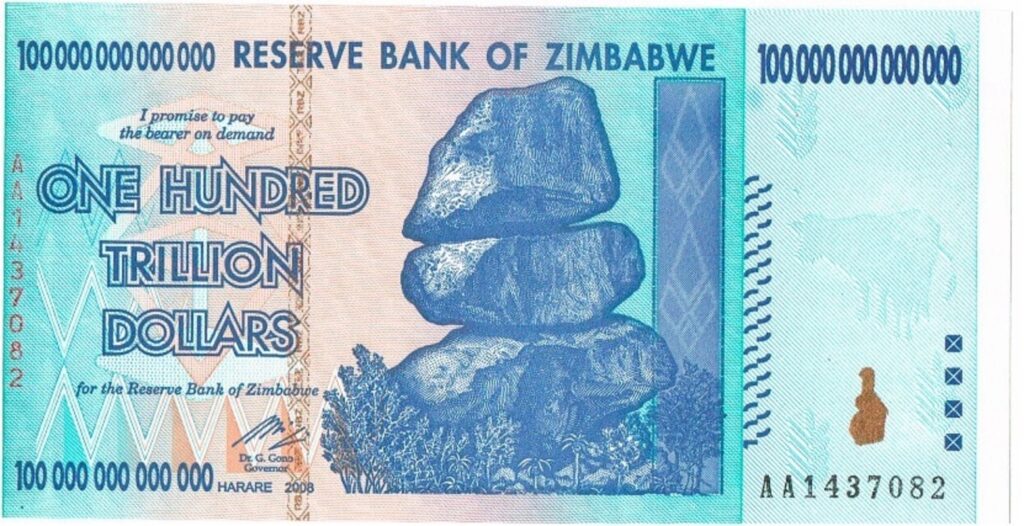
Oxfam International has generated a list of the top five people with the highest likelihood of becoming trillionaires in the next decade. Only time would tell, likely becomeome underdog would break unprecedented limits.

